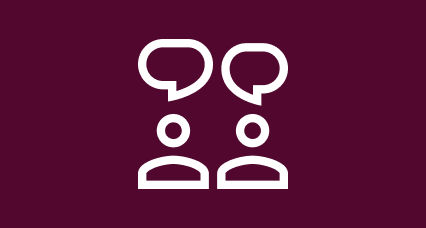Blood cancer: money and work
These pages contain information about your rights at work when you have leukaemia, lymphoma, myeloma or any other type of blood cancer, as well as tips on how to manage your money and where to turn for financial support.

Working with blood cancer
Discover more about your rights at work, including information on returning to work and what reasonable adjustments you might need to do your job with blood cancer.

Problems at work
Read our information about what to do if you experience any problems at work due to blood cancer, including tailored advice from Acas.
Help with costs
Find out about the benefits and grants you may be entitled to claim to help with the costs of living with blood cancer.
Managing your money
See our tips for managing your money and coping with changes to your finances when you have blood cancer.
The following pharmaceutical companies have funded this information but have had no input into the content or direction of the project: Janssen-Cilag Ltd
Read about how we work with the pharmaceutical industry.
The information on these pages was checked for accuracy by the Director of Finance and the Head of People and Organisational Development at Blood Cancer UK. Last reviewed May 2025. Next full review due May 2028. We may make factual updates to the information between reviews.
